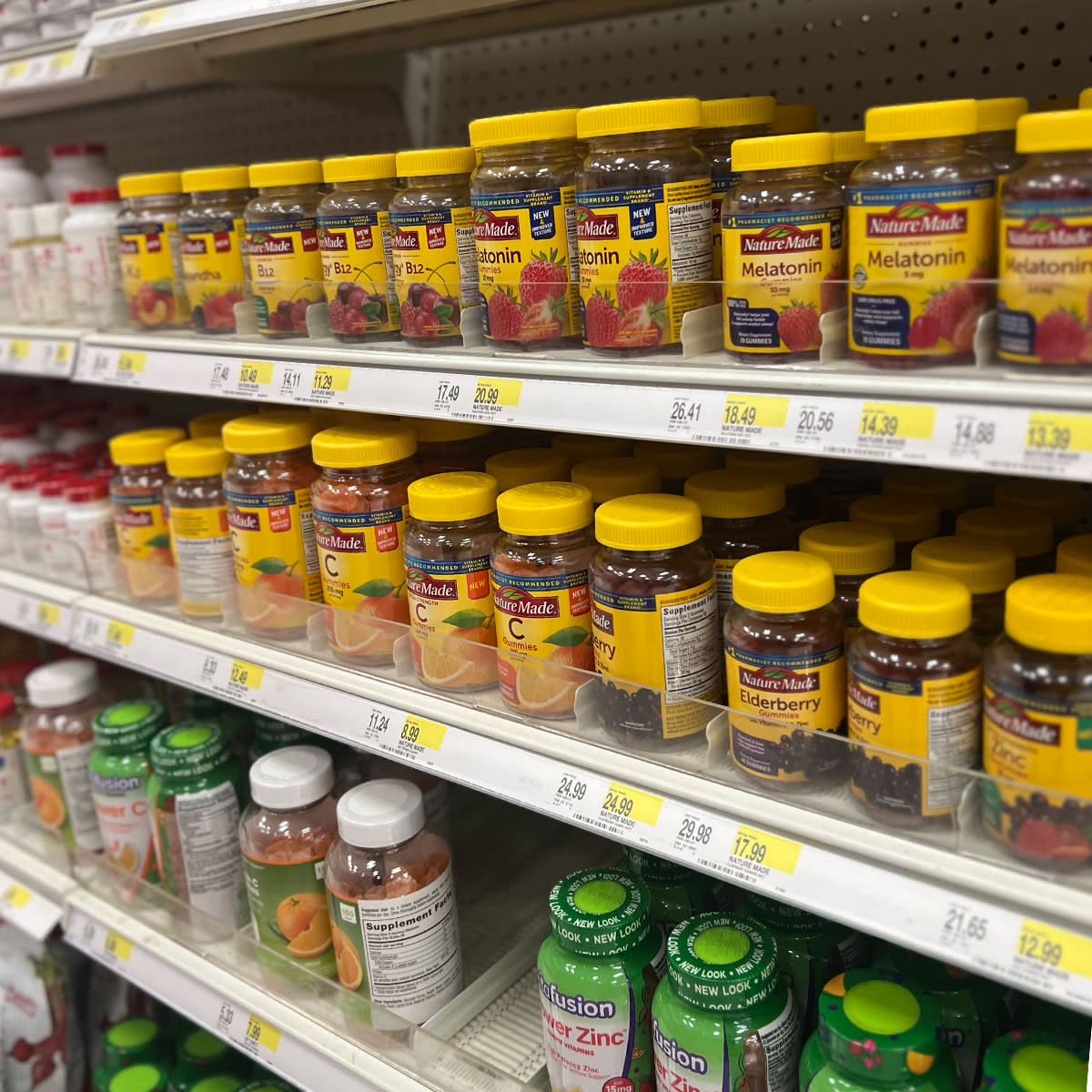Health Experts Say To Avoid Taking This Common Supplement Because It Can Damage Your Liver

Under the right circumstances, supplements can do a lot of good for your health. For example, if you’re not getting enough essential nutrients straight from the foods you eat, using vitamins to fill in any gaps—such as Vitamin D for bone health—can be one great way to keep your body functioning to the best of its ability. However, it’s always important to consider any potential risks.
Some supplements can have dangerous side effects when taken in excess or in combination with other medications. There’s one stress supplement in particular that health experts say you should be wary of, as it can take a toll on your liver and lead to other risks: Kava. To learn more about how kava could impact your health, we spoke to Dr. Hilda Wong, MD. Find all of her insight on the matter below.

Risks of kava
Kava is a popular, natural supplement that's known to reduce stress levels and promote relaxation. Commonly added to tea, it can be taken as a supplement or an extract, and it comes from a root called Piper methysticum. While it may be able to calm your nerves, though, Dr. Wong warns that it can also be detrimental to your health and safety if you're not careful. "Research has indicated potential risks associated with kava consumption, with the most significant concern being liver damage," she says.
As Dr. Wong explains, it's known to reduce your body's levels of an important antioxidant called glutathione, and it can also limit the effects of the enzymes in your liver that help your body metabolize drugs. This can be especially harmful if you have a history of liver damage. "Some individuals have reported cases of hepatotoxicity," she says. In simple terms, hepatoxicity is liver damage that stems from drugs and herbs like kava.
If you're still interested in trying kava out to keep stress to a minimum, there are a few things you can do to reduce your risk of liver damage. Generally, the same rules apply to any supplement or medication you take, starting with the fact that you should speak to a healthcare professional beforehand.
"It's essential to discuss any new supplement or approach with a certified healthcare professional to ensure safety and efficacy for individual needs," Dr. Wong says. She stresses the importance of this "especially if you have pre-existing liver conditions or are taking medications that may interact with kava."

It's also crucial to stick to the recommended dosage of any supplement you put into your body. "Limit the dosage and duration of use, as prolonged or excessive intake may increase the risk of adverse effects," Dr. Wong says of kava.
Additionally, you should take measures to insure you're consuming trustworthy, high-quality supplements. "Choose reputable sources to ensure the product is of high quality and free from contaminants," Dr. Wong says.
With kava, it's also especially important to limit your use of alcohol and other substances potentially harmful substances, as this could exacerbate your risk of liver damage.
All in all, it's always a good idea to exercise caution when taking herbal supplements. When it comes to kava, anyone who is currently experiencing or has experienced liver damage in the past should stay on the safe side by avoiding the supplement altogether. Luckily, there are plenty of other ways to manage your stress, including meditation, regular exercise, and a healthy sleep schedule.
READ MORE: Combining These Supplements Is Actually So Dangerous, Doctors Say

